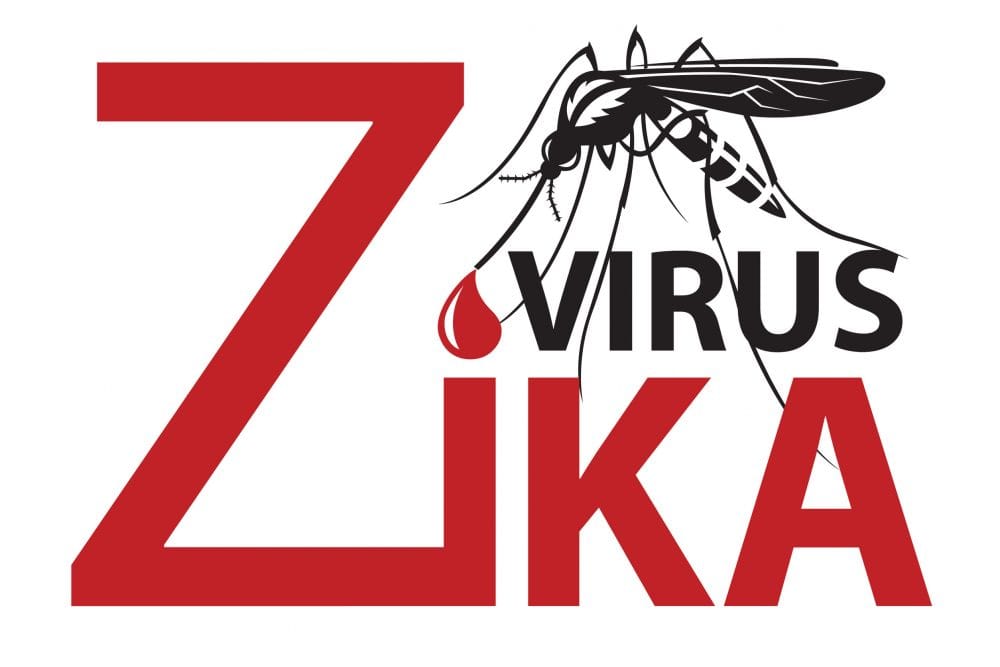A number of Zika virus cases have been reported in Kerala, sparking fears that the disease could gain a foothold in the country at large.
 Ten cases have so far been reported in Kerala, with one being a 24-year-old pregnant woman. Thirteen more individuals from the state capital Thiruvananthapuram are currently being tested after being suspected to have contracted the virus. These cases are currently awaiting confirmation from the National Institute of Virology (NIV) at Pune in Maharashtra.
Ten cases have so far been reported in Kerala, with one being a 24-year-old pregnant woman. Thirteen more individuals from the state capital Thiruvananthapuram are currently being tested after being suspected to have contracted the virus. These cases are currently awaiting confirmation from the National Institute of Virology (NIV) at Pune in Maharashtra.
In India, the first outbreak of Zika virus was reported in Ahmedabad in January 2017, with the second in Tamil Nadu’s Krishnagiri district in July of the same year. Both outbreaks were successfully contained through intensive surveillance and vector management.
Zika did not hit the headlines again until a significantly larger outbreak in Rajasthan in 2019 which saw more than 100 individuals being diagnosed with the virus. Of those affected, a large number included pregnant women, running the risk of the more severe symptoms that affect the unborn child.
Due to the mosquito vector by which Zika is spread, it is capable of rapidly spreading through a population should the circumstances allow for a large breeding population of an Aedes species of mosquito. This type of environment typically occurs during and following the monsoon season in India, where stagnant water in which the mosquitoes may breed is commonplace.
India is a country that shows a particularly high level of concern regarding Zika virus due to the prevalence of the Aedes mosquito. Should Zika virus make a foothold within breeding populations of mosquitoes within the country, it could become endemic. This would add Zika to the list of already established prevalent mosquito-borne diseases such as malaria, dengue fever, and chikungunya.
Complications in handling outbreaks also arise due to the similar nature of the symptoms of Zika to various other infections. Symptoms such as a fever, headaches and vomiting are present in vast numbers of infectious diseases. One feature of the disease — the rash that may be present near the mosquito bite — is also a common feature of other mosquito- and other insect vector-borne diseases.
While the Zika virus is rarely fatal in its initial infection, the true danger lies in its potential to cause harm in pregnant women. Zika holds the potential to cause birth defects in the children of pregnant women who become infected with the virus while bearing the child. The most common birth defect is microcephaly, in which the cranium of the child is reduced in size, causing severe issues with brain development.
The Rajasthan outbreak of 2019 saw a considerable effort on the part of the government to curb any potential spread. As reported by Health Issues India at the time, “the central team included P. Ravindran, director of the Emergency Medical Response at the Heath Ministry; Sujeet Kumar Singh, director of the National Centre for Disease Control; and Ashutosh Biswas from All India Institute of Medical Sciences (AIIMS) in Delhi.” In addition, more than 10,000 families were screened in the local vicinity of the outbreak in just the first phase of the investigation. Given the lack of spread following the incident, the efforts were successful.
Given the previously successful containment efforts by the Government it is hoped that a similar level of severity is afforded to the current outbreak. As India reels from the damages done, and the ongoing effects of the COVID-19 pandemic, it can little afford to allow a disease as severe as the Zika virus to gain a hold. Ignoring the issue now could see it become endemic, potentially becoming a problem for decades to come.

